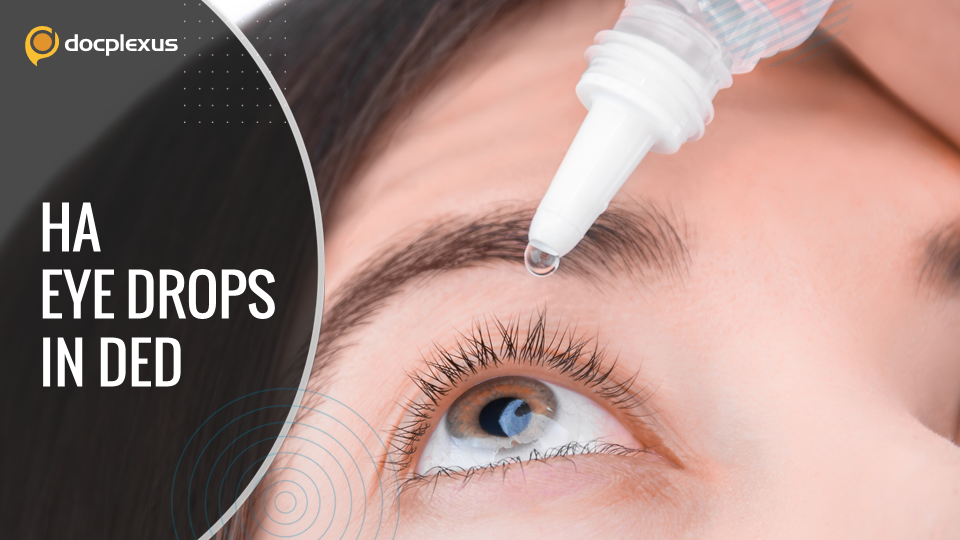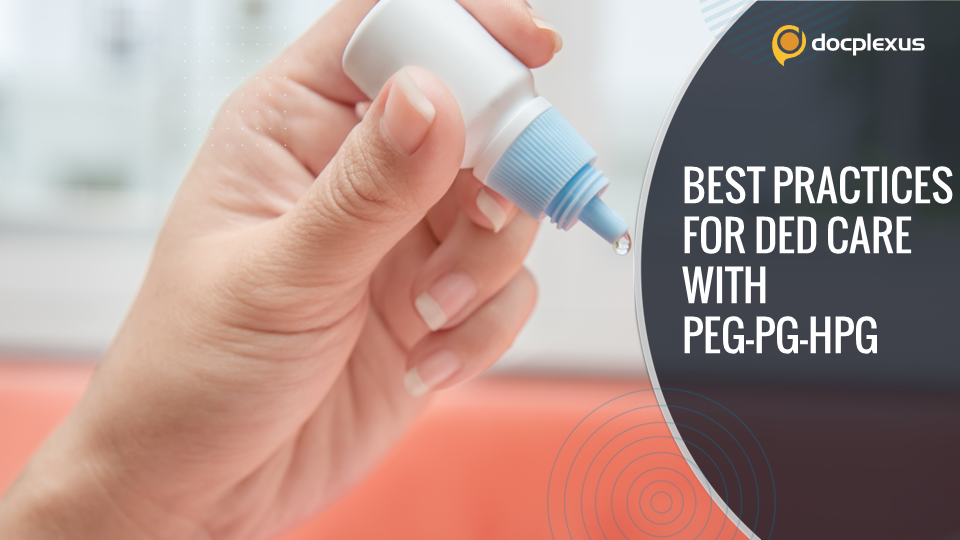Dear Dr. Renukaprasad A R,  Do you know the European Society for Medical Oncology (ESMO) has updated guidelines for advanced gastric cancer (AGC) diagnosis, treatment, and follow-up?
Globally, more than 1 million new cases of AGC were reported in 2020, resulting in 7,68,793 deaths. It is estimated that this burden will continue to rise due to the aging population and an increase in high-risk people. Be a part of our exclusive session where renowned international and national oncology experts share the latest updates on guideline-based management, interesting clinical cases, and nutrition assessment and support for managing AGC. Have you missed the Gastric Cancer Talks?
If you like to dive deep into some of the topics covered in the webinar, we have saved the recording just for YOU!
We hope you find this discussion helpful in your clinical practice. | .jpg)

.jpg)


.png)
.jpg)